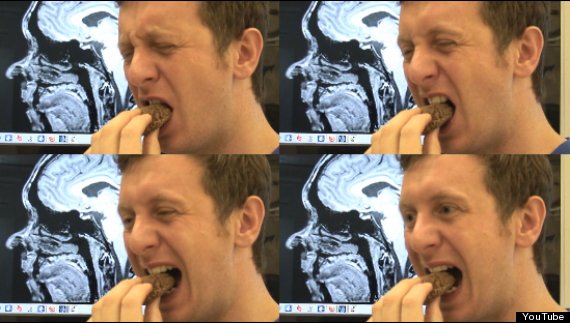Premature babies are significantly more likely than average to suffer serious mental disorders, such as schizophrenia, in later life, a study has found.
The risk increases for those babies that are born much too soon, when a pregnancy lasts less than 32 weeks.
Compared with normal term babies, they are three times more likely to be hospitalised for a psychiatric problem at age 16 or older, researchers found.
Very premature babies have more than twice the normal chance of developing schizophrenia and other forms of psychosis.
Their risk of bipolar disorder is increased more than seven-fold, while the chances of developing major depression and eating disorders are raised 2.9 and 3.5 times.
Brain injuries resulting from birth complications are thought to cause the increased risk, however experts stressed that the chances of a premature baby having a serious psychiatric problem were still small.
Rates of hospitalisation for psychosis are raised from two in 1,000 to around four in 1,000. The vast majority of pre-term babies turn out healthy and normal.
Both Sir Winston Churchill and Albert Einstein were famously premature.
However experts saw that to some extent, babies born moderately prematurely at 32 to 36 weeks were more likely to have depression, psychosis and bipolar disorder.
In this case the risk of psychosis was raised 1.6 times, of bipolar disorder 2.7 times, and of serious depression 1.3 times.
Researchers believe the pattern is due to the impact of being born prematurely on early brain development. However, why some children are affected and others not is unknown.
Premature babies are also far more prone to developmental problems such as attention deficit hyperactivity disorder (ADHD), conduct disorder and autism.
The new research, reported in the Archives of General Psychiatry, is based on a study of almost 1.5 million Swedish birth and medical records from 1973 and 1985.
Every child admitted to hospital with a first episode of a psychiatric disorder by 2002 was identified.
Dr Chiara Nosarti, from the Institute of Psychiatry at King's College London, said: "We found a very strong link between premature birth and a range of psychiatric disorders. Since we considered only the most severe cases that resulted in hospitalisation, it may be that in real terms this link is even stronger.
"However, it is important to remember that even with the increased risk, these disorders still only affect 1% to 6% of the population."
An estimated one in 13 children are born prematurely in the UK each year. As a group, they are more likely than other children to require extra school support and to suffer a range of physical problems.
Dr Nosarti added: "We believe that the increased risk of mental disorders in those born very prematurely can be explained by subtle changes in brain development. The immature nervous system in those born prematurely is particularly vulnerable to neonatal brain injury resulting from birth complications."
Her team is now conducting a deeper investigation with the help of a group of men and women in their 20s and 30s who were born very prematurely.
As well as looking for reasons why some pre-term babies are more susceptible to psychiatric problems, the researchers will also search for "resilience factors".
Dr Nosarti suggested screening at-risk children at the age of five, using a questionnaire filled out by their parents to "flag up" potential problems.
Colleague Dr Abraham Reichenberg, also from the Institute of Psychiatry, said: "The results of this study suggest that we shouldn't stop worrying about pre-term babies when they cross the age of seven. We should have a second stage of monitoring at a later age.
"If their behaviour's a little odd it might suggest there is a future risk that is evolving. We just need to pay attention."
Early identification of children developing psychiatric problems would allow them to receive appropriate treatment before their symptoms worsen.



















